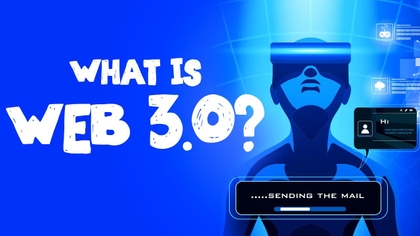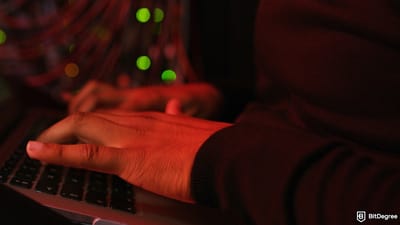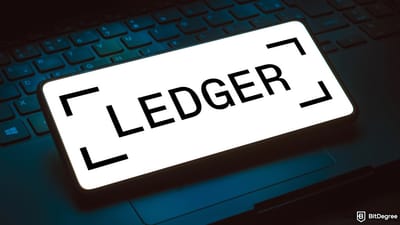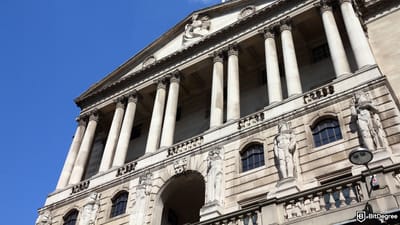Stop overpaying - start transferring money with Ogvio. Sign up, invite friends & grab Rewards now! 🎁
After Founder Made His Exit, Bitcoin Ordinals Crosses 10 Million Inscriptions
In less than half a year, Bitcoin Ordinals now has millions of inscriptions.
In a defining moment for Bitcoin's (BTC) network, Ordinals, the innovative protocol for minting new assets, has crossed a remarkable milestone - it now boasts over 10 million inscriptions.
Ordinals saw the light of day in January 2023, and ever since, it has been a go-to protocol for minting new assets on the Bitcoin blockchain.

Did you know?
Subscribe - We publish new crypto explainer videos every week!
What is Web3? (Animated Explanation + Examples)


The unique proposition of this protocol lies in its innovative process that involves "inscribing" data into the witness part of Bitcoin transactions. The data is recorded on individual satoshis, the smallest divisible unit of BTC.
Casey Rodarmor took to Twitter on May 28th, announcing his decision to step down from his role as the project's lead maintainer. He confessed, "I haven't been able to give <Ordinals> the attention it deserved," and announced that he was handing the reins to a new lead maintainer, the pseudonymous coder @Raphjaph.
It wasn't until the BRC-20 token standard was introduced in early March by another pseudonymous developer, "Domo," that the Ordinals inscriptions really began to soar. With the BRC-20 token standard, users were allowed to mint completely new tokens on Bitcoin, an unprecedented capability in Bitcoin's history.
Data from BRC-20.io highlights the impressive growth of Bitcoin-based tokens, which skyrocketed from a mere few hundred in the first week to almost 25,000 at the time of writing.
However, the popularity of Ordinals has stirred controversy, mainly due to the inefficiencies and wastefulness associated with inscribing assets on the network. Critics argue that this method places undue strain on block space and unnecessarily increases transaction fees.
In response to these concerns, alternative methods have been explored by other developers, notably the use of smart contracts for minting assets and non-fungible tokens (NFTs) on Bitcoin.
As we celebrate this significant milestone in the world of cryptocurrency, the transition of leadership in the Ordinals project signals a new era. With the rise of Ordinals inscriptions and the BRC-20 token standard, we have witnessed history in the making, providing users unprecedented opportunities.
However, as the debate around efficiency continues, it remains to be seen how this space will evolve and how smart contracts might potentially revolutionize asset and NFT minting on Bitcoin.
MicroStrategy's Michael Saylor claimed that the recent Bitcoin Ordinals phenomenon sparked a surge in Bitcoin adoption.






















